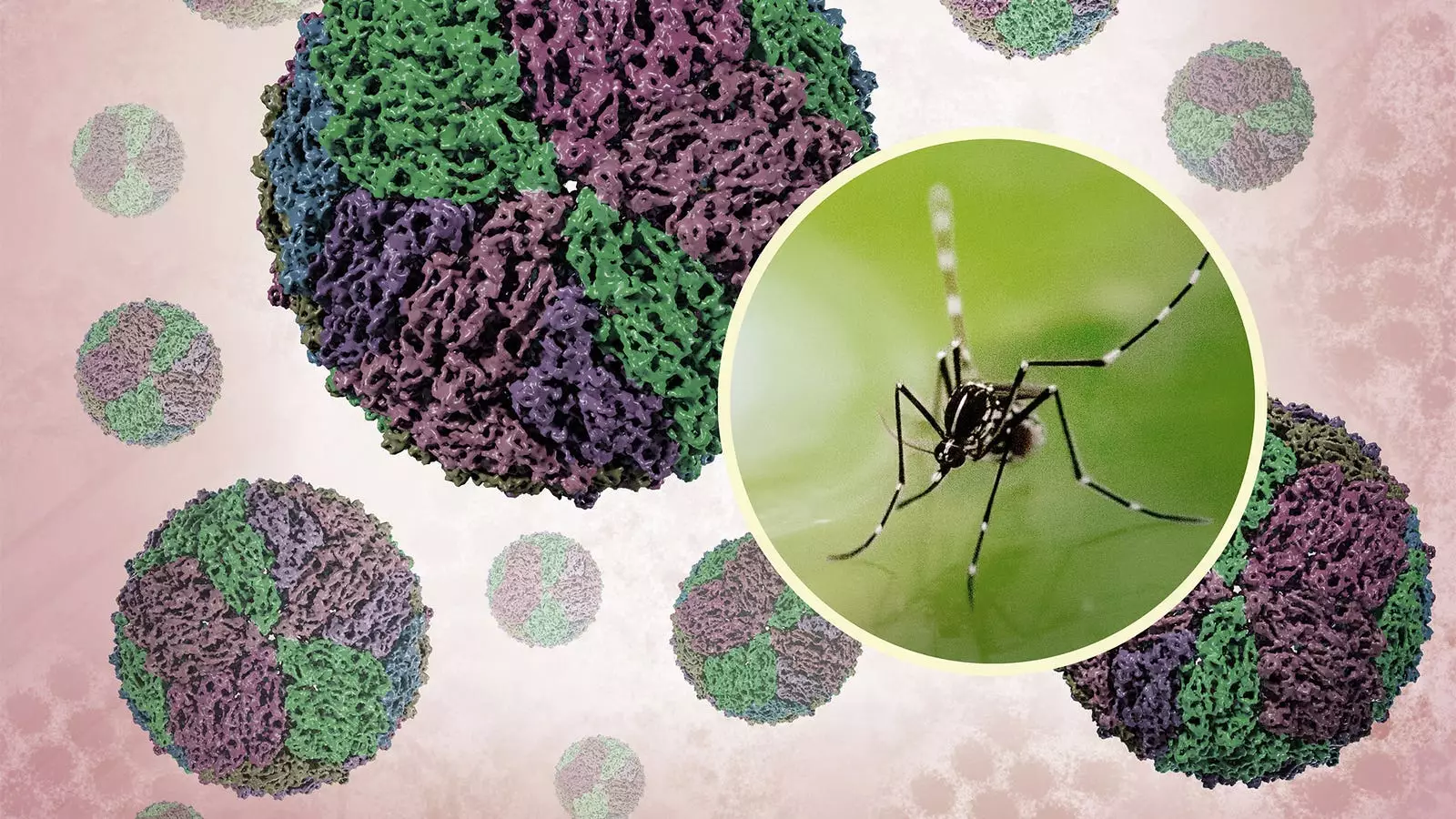The world is currently facing a significant public health concern with the rise of dengue fever cases. According to a recent Health Advisory from the CDC, the number of reported cases of dengue in the Americas has doubled this year, reaching 9.7 million as of June 24. This alarming increase in cases is a cause for concern, especially considering that many regions have yet to enter their highest-transmission months. With travel bouncing back due to decreased concerns over COVID, the risk of dengue transmission is on the rise. In the United States alone, at least 30 states harbor mosquitoes capable of transmitting dengue, potentially leading to an increase in local cases.
The dramatic increase in dengue fever cases can be attributed to several key factors. The global spread of dengue’s four serotypes has led to multiple strains circulating in highly endemic areas. The expanding distribution of Aedes aegypti and Aedes albopictus mosquitoes, coupled with their predilection for breeding in man-made habitats, has also contributed to the spread of the virus. Additionally, urbanization and human crowding in tropical countries have created ideal conditions for dengue transmission. The warming world has further exacerbated the situation, with rising temperatures leading to increased virus replication and mosquito populations.
A Tale of Two Patients
Personal stories of individuals affected by dengue fever highlight the severity of the disease. One individual, referred to as Suzy, experienced a severe case of dengue following travel to the South Pacific. Despite receiving prompt medical attention, she faced lingering fatigue for several months. Another individual, Roxanne, contracted dengue in Texas and only received a correct diagnosis after advocating for additional testing. These stories underscore the importance of raising awareness about dengue fever and recognizing its symptoms early on.
Dr. David O. Freedman, a travel medicine expert, has emphasized the need for precautionary measures when traveling to dengue-endemic areas. By wearing protective clothing, using insect repellent, and avoiding outdoor dining, individuals can reduce their risk of contracting dengue. While a new vaccine has been endorsed by the WHO for high-transmission settings, its efficacy for long-term travelers remains uncertain. The development of new vaccines that offer broader protection against all four dengue serotypes is a promising step towards combating this persistent global health threat.
The rise of dengue fever presents a significant challenge to public health worldwide. By understanding the factors contributing to the spread of the virus, recognizing the symptoms of dengue, and taking preventive measures when traveling to endemic areas, individuals can play a role in preventing further transmission. Continued research and the development of effective vaccines will be crucial in mitigating the impact of dengue fever and protecting vulnerable populations from this growing health concern.


Leave a Reply